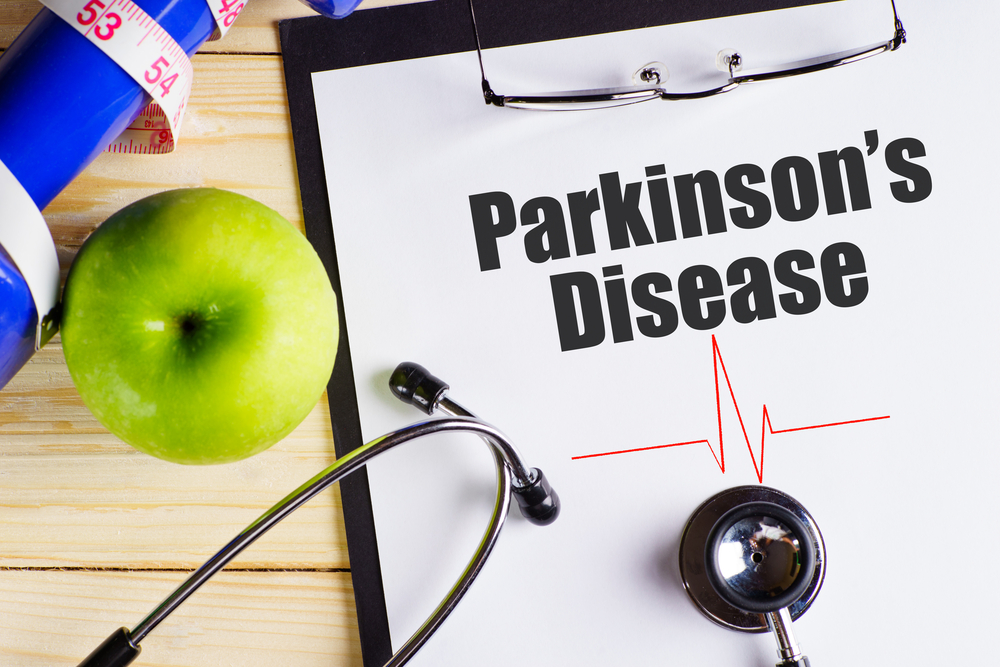There is no cure for Parkinson’s disease, but there are treatments for each person with Parkinson which are based on his/her Parkinson’s symptoms. Treatments include lifestyle modifications and medication that can improve general wellbeing.
How to cure Parkinson’s disease?
A cure could mean that people could live entirely free from the condition. But because Parkinson’s disease varies from person to person, there may not be a single cure for the condition. So, we need a variety of different therapies that can be used in combination to meet the needs of different patients. The combination includes therapies and strategies to slow the progression of the disease and to control the symptoms. Medications coupled with lifestyle changes such as diet and exercise could help repair damaged brain cells and manage Parkinson’s symptoms.
Remedies for Parkinson’s
Parkinson’s disease is a disease that can make one’s daily life difficult; following simple lifestyle modifications can help treat the symptoms and make a living with his neurodegenerative disorder easier. Symptoms like weakness, tremors, and muscle stiffness can prevent you from performing your daily household tasks especially as the progression of the disease continues. With the severe condition, even simple tasks like dressing, walking, and bathing can become frustrating. When it comes to improving the symptoms, exercise plays a key role; it manages the symptoms of the disease. Physical activities like dancing, yoga, swimming, and even brisk walking can help your muscles to stay relax when you have Parkinson’s. Clinical studies show that the natural Parkinson’s treatments described below can significantly lower the risk of disease progression and improve the quality of life.
- Stress to lose your stiffed muscles – Certain stretching and flexibility exercise can help relieve stiff muscles, improve muscle movements, and make everyday tasks easier. Moving your body every day can help give you better balance, less anxiety, and improved coordination. Speak to your health care specialist about what kind of physical activity you can do to improve flexibility. He/she may recommend you to a physical therapist that can give you the best fitness tips for you.
- Consider a low protein diet to help Parkinson’s medications work better – A diet of a patient living with Parkinson’s can have a great impact on his/her medicines that allows managing common symptoms like constipation, shaking or tremors. A diet rich in protein can limit your body’s absorption to Levodopa (A common Parkinson’s drug) used to prevent the disease progression. Therefore, it is wise to restrict protein intake and prefer taking your medicines before meals or empty stomach for better absorption of the drug. Experts recommend avoiding curd, dried meat or fish, fermented cabbage, soy products, aged cheese, red wine.
Also Read: 8 Ways to Prevent Parkinson’s
- Stay safe at home – Design a safer living or a fall-proof living space in your house. Simple changes like furniture replacement, extensions on toilets, removing rough floor coverings, installing handrails, can make it easier for you to function well while dealing with Parkinson’s disease symptoms. With the help of an occupational therapist, you can create an environment that is friendly and allows you to perform your daily tasks without any difficulty.
- Get enough time for a soft shut eye – Sometimes, Parkinson’s can prevent you from getting a relaxing bedtime. It is very important to set yourself for a good sleeping routine and follow it every night. Stick to the sleeping routine; go to bed and wake at the same time daily. Use good sleep hygiene like a good bad, appropriate room temperature, and comfortable beddings that supports you well.
- Consult different health care professionals – No doubt your doctor is the first line of defence against Parkinson’s but expanding your health care team can help you with your movement and make daily activities easier. You can speak to a physical therapist, occupational therapist, and acupuncture expert to improve wellbeing.
- Eat good – Eat a variety of whole grains, vegetables, and fruits every day. Limit sugar and salt intake. Drink a lot of water to keep you hydrated. Load your diet with vitamin D, K, magnesium, and calcium for bone strength.
- Seek support from friends and family – While dealing with Parkinson’s, friends and family can be a great support, and they can offer excellent comfort t and practical advice. You can also contact a mental psychiatrist if you are having a hard time enjoying your life.



